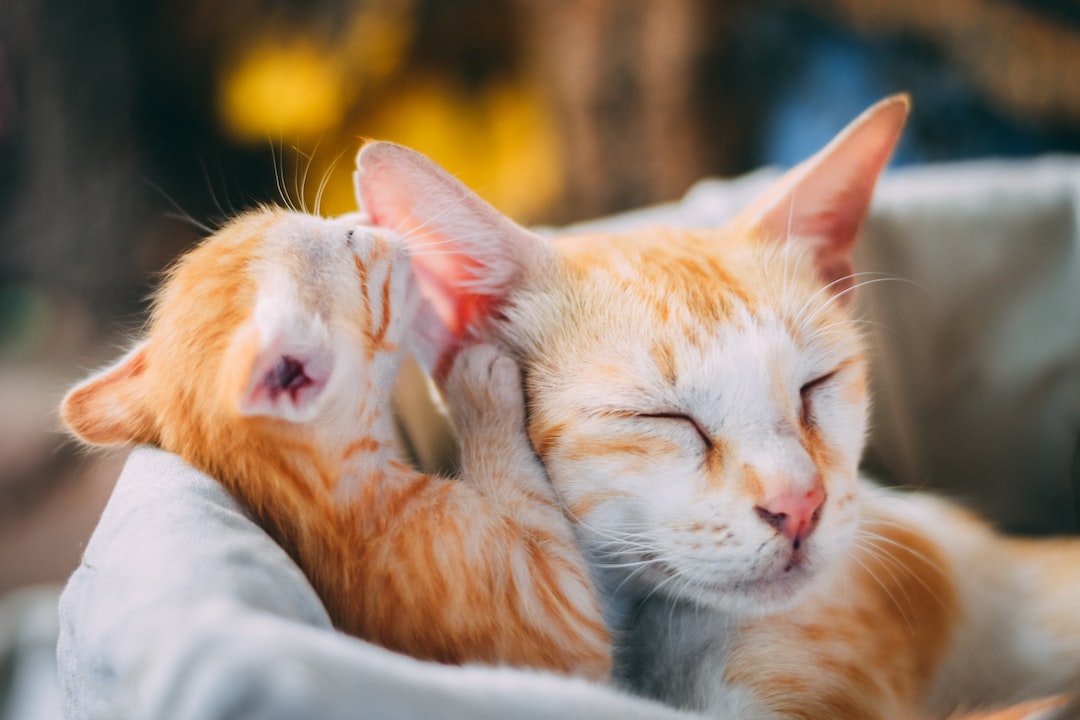What to Consider Before Getting a Pet Bird
Birds make wonderful companions, but owning a pet bird is a significant commitment that should not be taken lightly. Before deciding to bring home a bird, it is important to consider various factors to ensure you are adequately prepared for this responsibility. In this blog post, we will explore what you should consider before getting a pet bird.
1. Lifespan and time commitment: Unlike other small pets, such as hamsters or guinea pigs, many bird species have long lifespans. Some species, like parrots, can live for several decades. It is essential to understand that you will be responsible for the bird’s care and well-being for a substantial portion of your life. Consider your long-term plans and whether you have the time and resources to commit to a pet that could potentially outlive you.
2. Space requirements: Birds need ample space to stretch their wings and fly. Before bringing home a pet bird, ensure you have enough space to accommodate a suitable cage for them. A cramped living environment can negatively impact their health and happiness. Consider the size of the bird you are interested in and the recommended cage size for that species. Additionally, birds require regular exercise outside of their cages, so you should have a designated bird-proofed area for them to explore and play.
3. Noise level: Some bird species, particularly parrots, are known to be vocal and can produce loud sounds. If you live in an apartment or have neighbors in close proximity, it is important to consider the potential noise level of the bird you choose. While it is possible to train birds to be quieter, it is unrealistic to expect them to be completely silent. Think about whether you can tolerate constant noise or if a quieter bird species would be a better fit for your living situation.
4. Social needs: Birds are highly social creatures that require frequent interaction and mental stimulation. Neglecting their social needs can result in behavioral issues such as feather plucking or excessive screaming. If you work long hours or have a busy schedule, it may not be fair to leave your bird alone for extended periods every day. Consider whether you can provide the companionship and mental enrichment that your bird will require to thrive.
5. Financial commitment: Owning a pet bird can be expensive. Beyond the upfront cost of purchasing the bird and a suitable cage, you will need to consider ongoing expenses. These include high-quality food, toys, perches, and veterinary care. Birds can be prone to certain health issues, so budgeting for potential medical expenses is crucial. It is important to be financially prepared for the long-term commitment and potential unexpected costs that come with owning a pet bird.
6. Allergies and sensitivities: Individuals with allergies or respiratory conditions should be cautious when considering owning a pet bird. Bird feathers, dander, and droppings can trigger allergic reactions or exacerbate existing respiratory issues. Before bringing a bird into your home, it is advisable to spend time with birds of the same species or breed to determine if you have any sensitivities.
7. Lifelong commitment: It is important to understand that owning a pet bird is a lifelong commitment. Birds form strong bonds with their owners and can suffer from separation anxiety if their environment changes or they are rehomed. Think about whether you are ready and willing to make a lifelong commitment to provide care and love for your feathered friend.
In conclusion, owning a pet bird can bring immense joy and companionship, but it is crucial to carefully consider the responsibilities and commitments that come with it. Before bringing a bird into your home, think about the lifespan, space requirements, noise level, social needs, financial commitment, allergies/sensitivities, and the lifelong commitment you are making. Proper planning and consideration will ensure a happy and fulfilling relationship between you and your pet bird.

